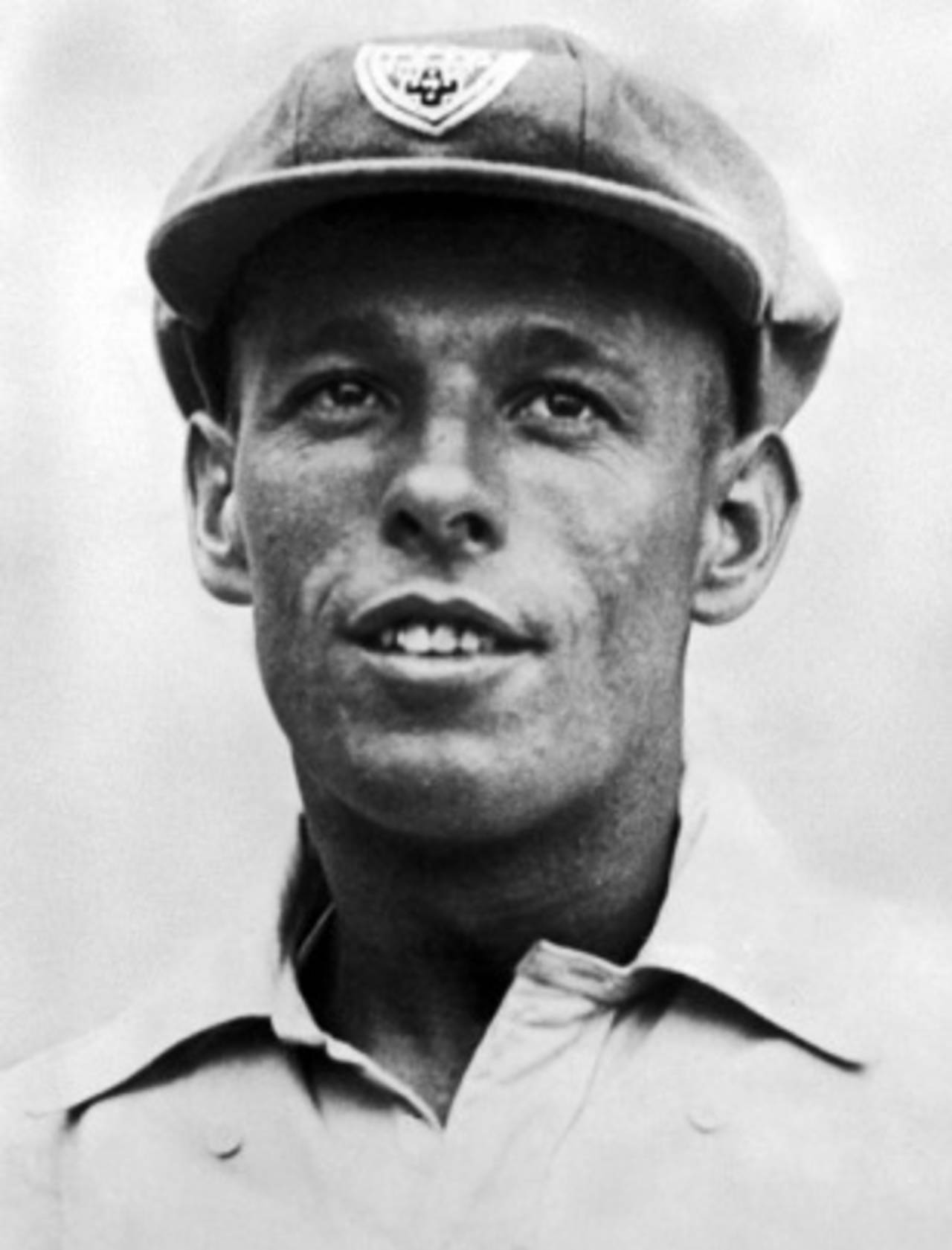Most cricketers sound like the greenest cliché-spouting cub reporter when you talk to them about their game. Ask even international batsmen how they got out and they will say something like, "I played forward, missed the ball and was bowled", or "Somehow I missed the line".
Over the years you quickly learn whose judgment to trust and whose to take with various amounts of salt. Batsmen and bowlers both speak platitudes and wrap their thoughts in the routine words of the laziest reporters. This is unfortunate, because out in the middle, players experience the game in a manner that is denied to the most perceptive critic in the press box.
One of the few exceptions was the Australian batsman and writer
Jack Fingleton. He was good enough to score four successive Test hundreds, and gifted enough to write some of the finest books on the game, including an autobiography (
Batting From Memory) and a measured commentary on Bodyline 13 years after that tour (
Cricket Crisis). Harold Larwood, the great fast bowler who succeeded in keeping Bradman's average in that series down to a mere 56, once said that of all the Australian batsmen in the Bodyline series, none was braver than Fingleton. "I could hit him but I couldn't knock him down," he said.
Fingleton played 18 Tests (his sixth-wicket stand of 346 with Don Bradman remains a world record), made 1180 runs at 42.46, and pursued a career as a political journalist. John Arlott paid him this tribute: "He is a writer of gusto, observation, subjectivity, expertise and wry humour, with his own, highly independent point of view. It may be said of him almost alone among cricket writers that he owes nothing to anyone; he is himself - and a diverse himself it is."
Fingleton began the Bodyline series with scores of 26, 40 and 83 but made a pair in Adelaide in the third Test. When news spread of the confrontation between Australian captain Bill Woodfull and English manager Plum Warner in the dressing room ("There are two teams out there, only one of them is playing cricket," Woodfull told Warner) it was assumed that Fingleton, the only journalist present, had leaked the story to the media. This probably cost him a place in the team for the 1934 tour of England. But Fingleton revealed later that it was actually Bradman who had leaked the story. "I have always held it against the Don that he did not own up and clear me," wrote Fingleton, adding, "At least he was a very good and observant reporter. He had every detail correct." Bradman had an arrangement with the Sun and gave the details to its reporter Claude Corbett, who later confessed to Fingleton. The incident merely added to the mistrust between Bradman and Fingleton, his greatest critic at the time.
"Fingleton writes from the middle; he feels the game and every action as a player who has acquired that professional 'extra sense' which sends him to the root of the matter"
Neville Cardus
Whatever their personal differences, however, Fingleton was an admirer of Bradman the batsman. "Bradman at the wicket was completely at ease and at rest until the ball began its apologetic advance towards him. His lithe, compact body was a powerhouse of latent electricity until the switch of a ball released was turned and then his brightness flashed in all directions. He was at his best in making the placement of a field look foolish... "
The range of Fingleton's writing on the game is fascinating. There is, as we have mentioned, the autobiography, the tour books (
Brightly Fades the Don, on Bradman's last tour of England in 1948;
The Ashes Crown the Year, England 1953), the book on major players (
Masters of Cricket), the book on large themes from Bodyline onwards (
Cricket Crisis), the book on a single game (
The Greatest Test of All, on the Brisbane tied Test), and biography (
The Immortal Victor Trumper).
Fingleton was possibly the finest cricketer-writer ever. And this group includes Richie Benaud, Ian Peebles, Trevor Bailey and Ashley Mallett. There seems to be a touch of envy in Neville Cardus' tribute in the foreword to Cricket Crisis: "Fingleton writes from the middle; he feels the game and every action as a player who has acquired that professional 'extra sense' which sends him to the root of the matter with no need to go round and round by way of the layman's necessarily inferential way of approach."
It is the envy of the wordsmith who has not scored a Test match century or taken five wickets in a Test match innings. One understands.
